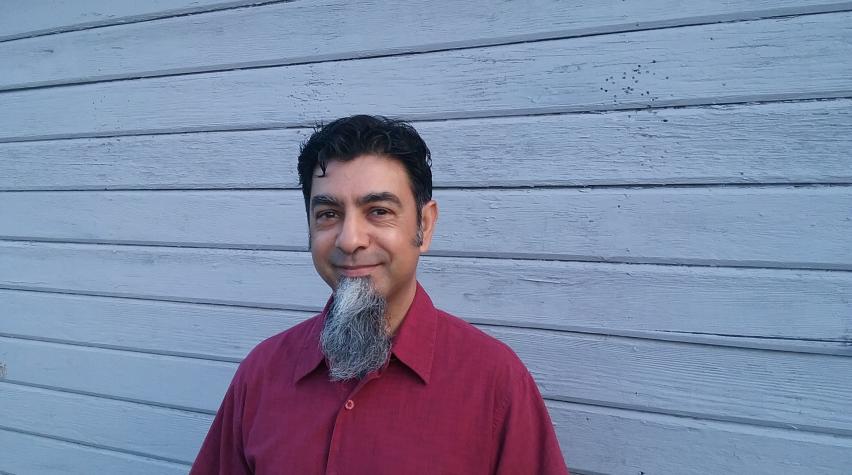
Minal Mistry is the business initiatives lead with the Oregon DEQ (Department for Environmental Quality). He works with a wide range of entities to implement strategies for Oregon’s 2050 Vision for Materials Management. His primary focus is on helping businesses produce and consume materials in more sustainable ways. He is also a featured speaker at this year's International Congress on Sustainability Science & Engineering (ICOSSE '20). We recently chatted with Minal about what we can expect at this year's meeting.
In your opinion, what is the most important current trend in sustainability science and engineering?
Sustainability science, I feel, has come to a head with business-as-usual preventing true sustainability to advance further than what marketing or reporting demands. As such, root-level issues that plague various systems are perpetuated through well-meaning, but ultimately marginal or incremental, sustainability efforts. Examples include the hyper focus on recycling or composting of packaging, while the underlying premise of production and consumption of the goods contained within that package is ignored or minimized.
Convenience and disposable lifestyles remain unexamined. The result being that the visible aspects get much attention (waste, litter, and recycling) while the underlying system remains unchanged (e.g., production and consumption continues to outpace efficiency gains resulting in grave environmental burdens on the ecosphere). So, the most important trend is to place sustainability efforts in the broader context of planetary boundaries and rethink the system from the ground up.
From your perspective, what are some of the biggest challenges scientists/engineers face in this field?
As a community of practice, it is on us to shift the dialogue towards aspects of whole systems that need critical review and support unsustainable system functions with innovation. This is a serious challenge as often such re-thinking and re-designing require considered examination with an open mindset, free from inherent biases related to a product system, processes, or design parameters.
Sustainability has to work for the whole system plus the people and ecosystems involved in that system, and that is not the current approach. The serious challenge for the design and engineering for sustainability community of practice is to break free from narrow, single-attribute evaluation of efforts and start to acknowledge the tradeoffs that are often externalized to the commons.
What specifically will you be talking about at the conference?
My talk will be highlighting four basic myths that hold up business-as-usual models in the globalized economy. These myths are deeply rooted in a compulsion for continuous growth where the measure of rewards do not align with true planetary sustainability.
What message would you like the audience to take away from this year’s conference?
Sustainability efforts across the world are deeply in need of a whole-system perspective for engineered solutions. The current COVID pandemic has highlighted significant long-term economic flaws leading to social inequities, environmental injustices, and ecosystem resilience. These events also highlight the call to action for those of us engaged in sustainability science and engineering to earnestly modify our approaches to support well-being writ large. This is a big call to action, yet if not this community of practitioners, then who? And if not now, then when?
Learn more about the International Congress on Sustainability Science & Engineering (ICOSSE '20).


